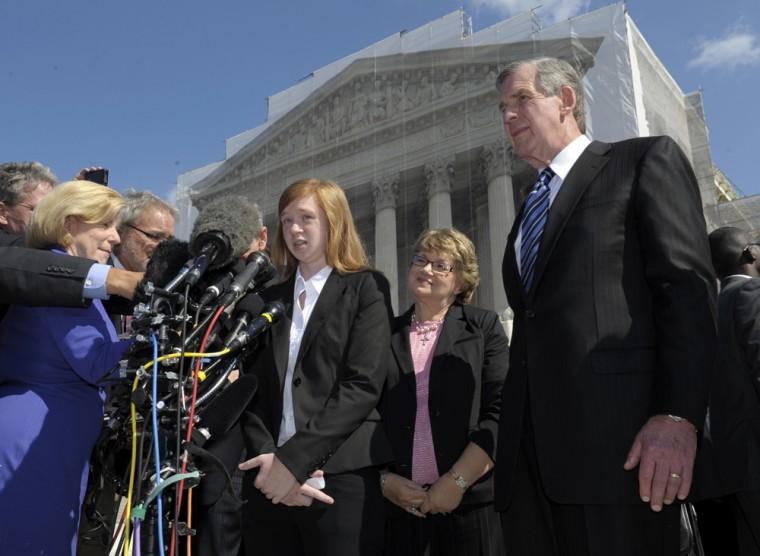In the weeks following a Supreme Court hearing on a University alumna’s case against affirmative action, big businesses and a handful of universities have reinforced the controversial practice.
Affirmative action allows employers and universities to use race among other criteria in admissions and hiring practices to ensure diversity. The practice was last upheld in 2003’s Grutter v. Bollinger.
Abigail Fisher, who graduated from LSU in May, brought the case to the Supreme Court in 2008 after being denied entry to the University of Texas at Austin. Though UT says she was not admitted because she did not meet the admissions standards, Fisher argues she wasn’t admitted because she is white.
Public Texas universities accepted everyone who graduated in the top 10 percent of their high school class at the time she applied, but Fisher fell outside this demographic.
The Supreme Court deliberated her case Oct. 10. The case is expected to be revisited again in June.
In the wake of the hearing, Duke University, Stanford University, Williams College and Amherst College have filed an amicus brief with the Supreme Court, requesting that it consider arguments for upholding affirmative action, according to Duke University’s The Chronicle.
“Amici accordingly urge the Court to interpret the Constitution … to continue to allow educational institutions to structure admissions programs that take account of race and ethnicity as single factors within a highly individualized, holistic review process,” the brief states, according to the Chronicle.
Corporate giants American Express, Pfizer, Walmart , Halliburton, Intel, Kraft Foods and General Electric, among numerous other companies, have also filed a brief with the Supreme Court asking it to uphold affirmative action, according to The Hill, a congressional newspaper.
In the brief, the corporations state they “seek to hire the most qualified group of employees, while taking into account all of the characteristics of those employees that will enrich [their] workplaces and strengthen their businesses.”
After its first day of deliberations, the Supreme Court was split on the topic. Conservative justices — who may hold five of the nine votes — were displeased with affirmative action as a way to ensure diversity.
Liberal justices felt that if the law was rewritten, it may cause trouble for district courts to interpret the new law.
“Why overrule a case into which so much thought and effort went and so many people across the country have depended on?” Justice Stephen Breyer asked, according to the court transcript.
With four justices openly against affirmative action and Justice Anthony Kennedy expressing uncertainty about the practice, his vote may be the deciding factor on whether affirmative action will be upheld.





